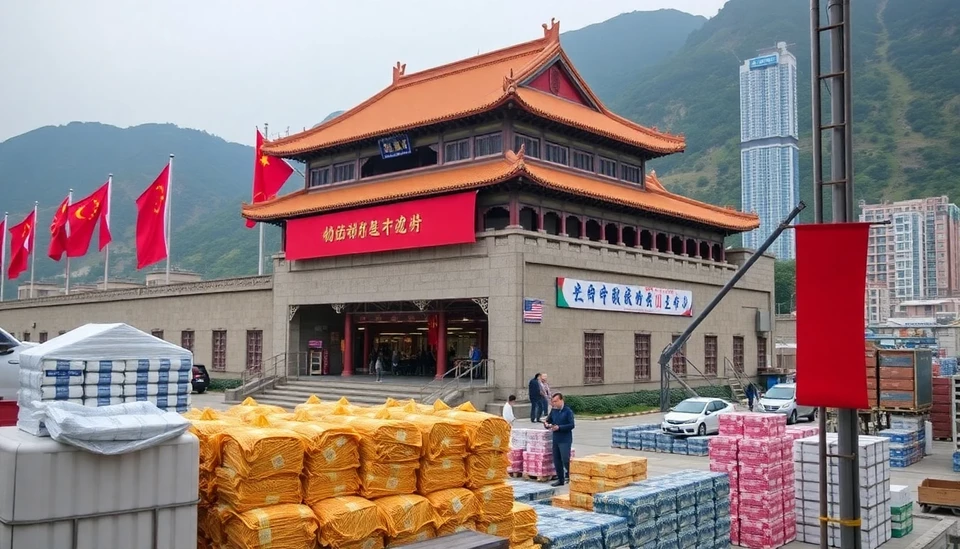
In response to the mounting economic pressures stemming from escalating tariffs imposed primarily by the United States, China is currently exploring the possibility of frontloading stimulus measures aimed at insulating its economy from the adverse impacts. This proactive strategy comes amid fears that the latest round of tariffs could dampen growth prospects and increase financial vulnerabilities.
According to sources familiar with the situation, Chinese officials are evaluating a range of supportive economic policies. These discussions have intensified as recent economic indicators pointed to a slowdown, raising alarms about potential repercussions on the country’s growth trajectory. The stimulus package is expected to involve a combination of infrastructure spending, tax incentives, and measures to support key industries affected by the tariffs.
The debate around these stimulus initiatives has been fueled by data that revealed a decline in manufacturing activity, alongside strained consumer confidence. Key sectors noted for their sensitivity to trade policies, such as technology and manufacturing, are reportedly facing significant challenges, particularly as international demand wavers. Economic advisors are underscoring the urgency of these stimulus measures to promote stability and foster an environment conducive to growth.
Moreover, the discussions within the Chinese government reflect a broader recognition of the geopolitical landscape that is influencing trade dynamics. The ongoing tensions between the United States and China not only affect bilateral trade but also reverberate through global supply chains, subsequently impacting economies worldwide. Officials are pondering ways to stimulate domestic consumption and pivot towards a more self-reliant growth model.
As part of this plan, Chinese authorities are likely to prioritize investments in technology and renewable energy sectors, which align with the nation’s long-term strategy for economic transformation. By channeling investments into these areas, China aims to mitigate the adverse effects of tariffs while simultaneously creating jobs and enhancing its competitiveness on the global stage.
While any finalized package of stimulus measures and reforms has yet to be disclosed, the verbatim discussions signal a determined approach by China to fortify its economy against external shocks. By implementing a strategy of frontloading stimulus, officials hope to deliver timely support to vulnerable sectors, thereby stabilizing growth trajectories in the face of persistently challenging trade conditions.
In conclusion, as China navigates the complex interplay of domestic economic interests and external pressures, the potential frontloading of stimulus measures offers a glimpse into the government’s proactive stance towards safeguarding its economy. Observers will be closely monitoring these developments, as they hold significant implications for China's future economic landscape and its position in the global economic arena.
#China #Economy #Stimulus #Tariffs #Trade #Growth #Manufacturing #Investment #RenewableEnergy
Author: Daniel Foster




